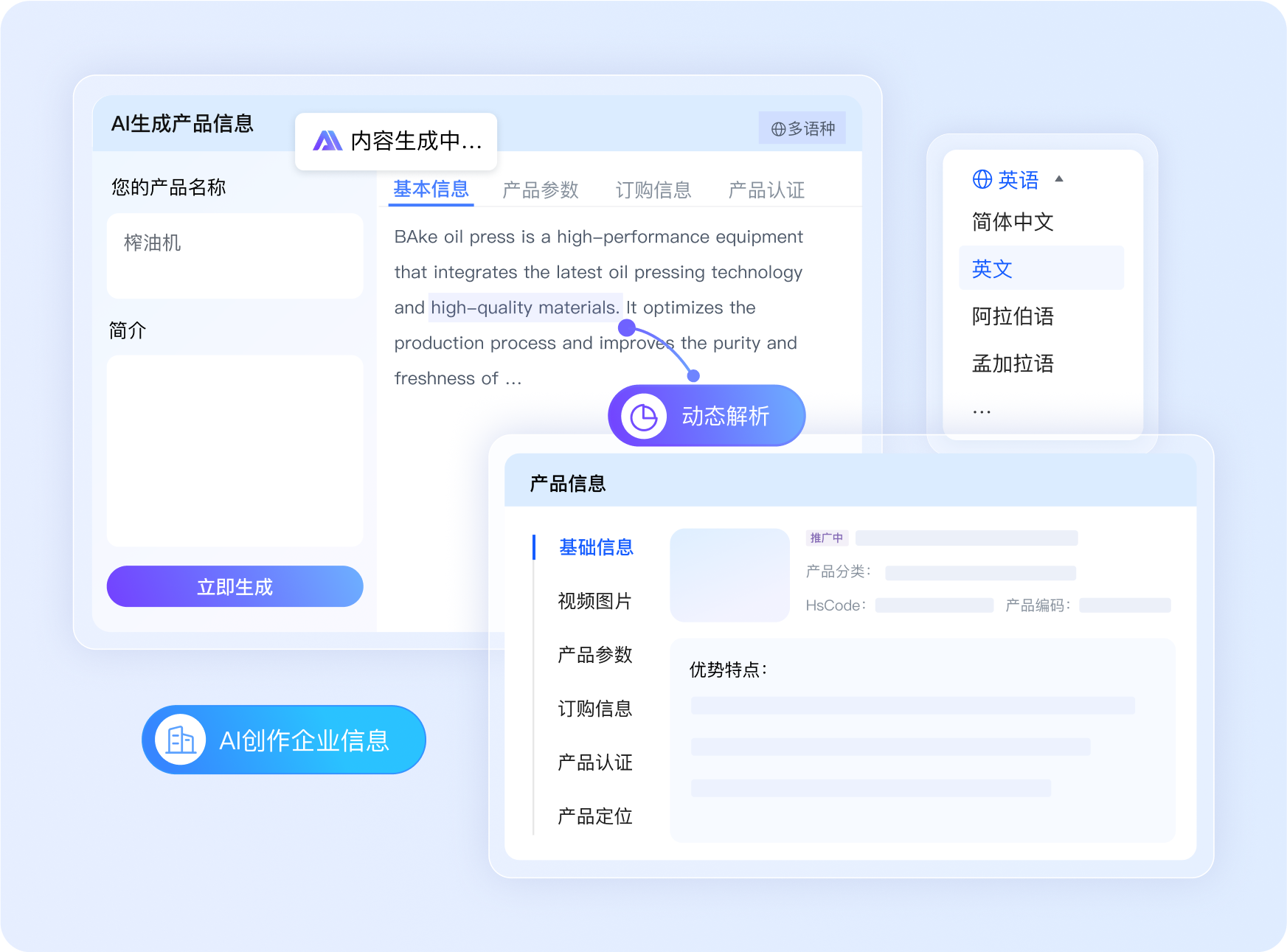 400-076-6558智领未来,外贸超级营销员
400-076-6558智领未来,外贸超级营销员
 400-076-6558智领未来,外贸超级营销员
400-076-6558智领未来,外贸超级营销员

In the years of engaging in global B2B foreign trade, it has been found that many exporters are often confused about the new product access regulations after Brexit. The UKCA (UK Conformity Assessed) certification emerged as a result of the UK's departure from the EU. Before Brexit, products could enter the UK market with CE certification. However, after the transition period ended on January 1, 2021, most products placed on the UK market (England, Wales, and Scotland) need to carry the UKCA marking instead of the CE marking.
According to UK government statistics, since the implementation of the UKCA certification system, approximately 70% of B2B companies exporting to the UK have adjusted their certification strategies. This change is a significant challenge for businesses, as non - compliance can lead to product recalls, fines, and damage to the company's reputation.

The UKCA certification requirements cover a wide range of products, including but not limited to electrical equipment, machinery, toys, and personal protective equipment. The technical standards for UKCA are similar to those of CE in many aspects but also have some differences.
For example, in the field of electrical equipment, the UK has its own specific safety and electromagnetic compatibility standards. To meet the UKCA requirements, products must comply with relevant British Standards (BS) or other recognized international standards. Additionally, manufacturers may need to provide a Declaration of Conformity, which states that the product meets all the applicable requirements.
Tip: It is crucial to keep an eye on the latest UKCA technical standards updates. The UK government regularly publishes changes to the standards, and staying informed can help avoid certification delays.
The UKCA certification process generally includes the following steps: product testing, technical documentation preparation, certification application, and issuance of the UKCA marking. The time required for the entire process can vary depending on the complexity of the product and the workload of the certification body.
On average, the testing phase can take 2 - 4 weeks for simple products and up to 8 - 12 weeks for complex machinery or high - tech equipment. The preparation of technical documentation usually takes another 1 - 2 weeks. After submitting the application, the certification body may take 1 - 3 weeks to review and issue the certificate.

To efficiently prepare for UKCA certification, enterprises should first conduct a self - assessment of their products to determine which standards they need to comply with. They can then establish a project team responsible for certification work, including product R & D, quality control, and documentation management personnel.
When preparing certification materials, it is important to ensure the accuracy and completeness of the information. The technical documentation should include product descriptions, design drawings, test reports, and the Declaration of Conformity. Some companies may also choose to work with professional certification agencies to ensure a smooth certification process.
During the UKCA certification process, enterprises often encounter problems such as unclear standards interpretation, long testing cycles, and high certification costs. To solve these problems, companies can actively communicate with the certification body, seek professional advice, and optimize their product design to reduce testing time and costs.
For example, a Chinese electronics manufacturer faced difficulties in understanding the UK's electromagnetic compatibility standards. By consulting with a UK - based technical expert, the company was able to adjust its product design and successfully obtain the UKCA certification within the expected timeframe.

Let's take a German machinery company as an example. After Brexit, the company needed to obtain UKCA certification for its products. By establishing a dedicated certification management system, the company streamlined the certification process, improved work efficiency, and reduced the risk of non - compliance. The system included regular internal audits, staff training on UKCA requirements, and continuous monitoring of standard updates.
Enterprises can learn from this case and build their own certification management systems. A well - constructed system can help companies better manage the UKCA certification process, ensure product compliance, and enhance their competitiveness in the UK market.
Here are some frequently asked questions about UKCA certification:
In conclusion, UKCA certification is an important requirement for B2B companies looking to enter the UK market after Brexit. By understanding the background, requirements, processes, and strategies related to UKCA certification, enterprises can improve their market access efficiency and compliance levels. With the support of the AI Content Factory platform, you can automatically generate UKCA - related certification content and distribute it in multiple languages, which will greatly enhance your marketing efforts in the global market. Are you ready to embrace the UKCA certification challenge? Click here to learn more about how our platform can help you with UKCA certification content generation and distribution.
.png?x-oss-process=image/resize,h_100,m_lfit/format,webp)
.png?x-oss-process=image/resize,h_100,m_lfit/format,webp)

.png?x-oss-process=image/resize,h_100,m_lfit/format,webp)
.png?x-oss-process=image/resize,h_100,m_lfit/format,webp)
.png?x-oss-process=image/resize,h_100,m_lfit/format,webp)
.png?x-oss-process=image/resize,h_100,m_lfit/format,webp)
